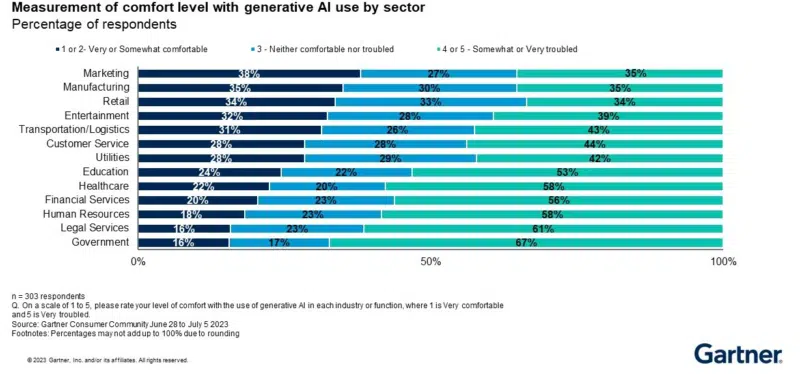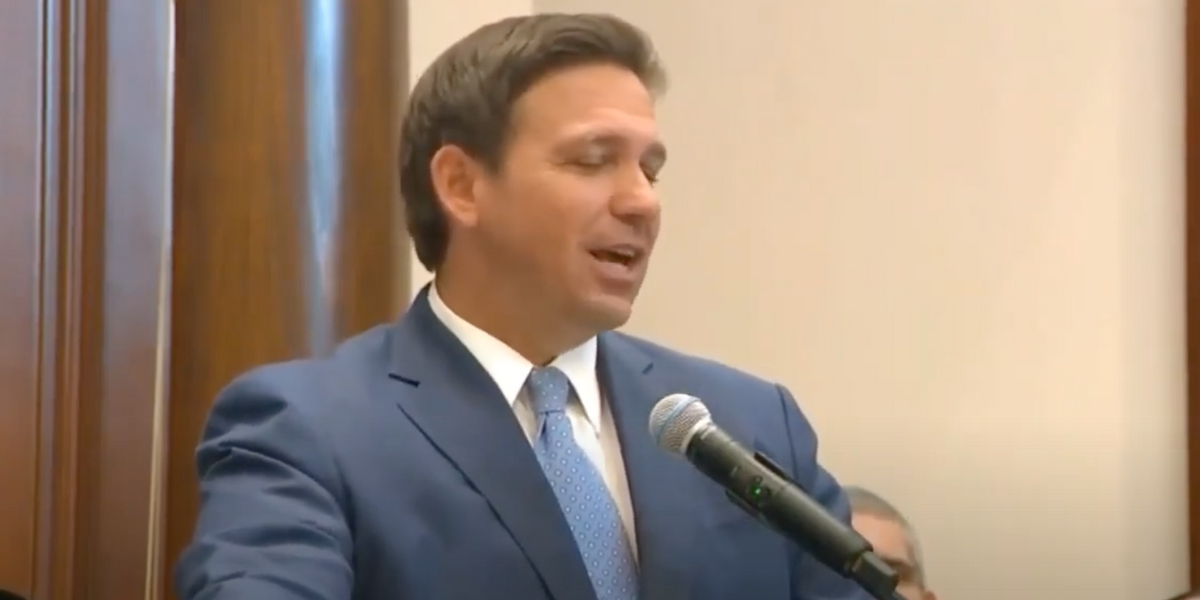Poor customer service can have a significant impact on businesses, resulting in an estimated annual loss of $75 billion dollars. One of the critical factors contributing to poor customer service is a broken customer service culture within an organisation. A broken culture lacks customer focus and customer-centric thinking, leading to negative customer experiences, high attrition rates, lost business opportunities, decreased profitability, and damage to the brand’s reputation through complaints and social media. In order to address this issue effectively, organisations need to prioritise creating a customer-focused culture from within.
A customer service culture can become fragmented due to various reasons and underlying issues within an organisation. While there are many factors including limited empowerment and autonomy, siloed and disconnected departments, inadequate employee engagement and recognition, the single biggest factor is lack of leadership support. When leaders do not prioritise customer service or fail to demonstrate a customer-centric mindset, it sends a message to the entire organisation that customer satisfaction is not a top priority. It is important for organisations to identify these underlying issues and take proactive measures to address them in order to repair and foster a healthy customer service culture.
Key ways to immediately improve a service culture include:
Create Customer Service Standards
Building a customer-focused culture starts with clearly defining and identifying what excellent service looks like. Establishing service standards and behaviours that align with the organisation’s goals provides clarity for individuals, teams, and leadership. Service standards serve as a common set of expectations, ensuring consistency and a distinct customer experience. They should be used in orientation, onboarding, training, coaching, and performance goals to lay the foundation for delivering excellence in customer service. When team members are uncertain about what is expected of them, their ability to deliver an exceptional customer experience is compromised.
Leadership Focus
Leadership has the most critical role in driving a service culture and will determine the customer experience. Every people leader within the organisation must prioritise customer focus and demonstrate it through their actions and lead by example. Customer service should extend beyond the customer service department, with each business unit understanding how their work impacts the end customer experience. The leadership team ultimately sets the tone and drives the service culture throughout the entire organisation. Creating and sustaining a service culture is a long-term commitment driven by caring and focused service leaders, starting with the CEO, executive and extending to every manager and team leader within the organisation.
Frontline Focus
The frontline team, whether they interact with customers face-to-face, over the phone, or through digital channels, holds immense power in shaping the customer experience. Despite advancements in technology, it is the human experience that remains the key differentiating factor. From recruitment to onboarding and ongoing development, ensuring the frontline are fully focused on the customer is essential. Investing in the training and development of frontline employees and empowering them to provide exceptional service, will significantly impact customer satisfaction and loyalty.
Internal Service Focus
Creating a customer-focused culture requires every department in both customer facing and enabling roles including IT, HR, and finance, to prioritise the customer and understand their role in the overall customer experience. It is essential to nurture a culture of serving internal customers as well as external ones. The quality of the customer’s experience heavily relies on how well employees within the organisation serve each other.
Training and Development
Training should target three areas: mindset, behaviours, and skills. Mindset training emphasises placing the customer at the centre of all decision-making and actions. Behaviours focus on reinforcing service standards and organisational expectations. Skills training equips employees with the necessary tools and techniques to support a seamless customer experience. Customer Service training should be delivered to every team member in both frontline and internal roles and service leadership training should be targeted to all people leaders. Training is crucial for developing a customer-focused culture.
Achieving a customer-focused culture requires a clear service strategy, executive support, and a collective effort from leadership, frontline employees, and support teams. The Greek philosopher Aristotle wrote, ‘Virtues are formed in man by his doing the actions’. The writer Will Durant interpreted this as ‘We are what we repeatedly do… therefore excellence is not an act, but a habit’. In other words: Excellence isn’t this thing you do one time. It’s a way of living. It’s foundational. And that is the core message in reinforcing and sustaining a service mindset and culture; it is an ongoing and constant focus every single day. Regardless of an organisation’s current culture, a committed and dedicated leadership driven approach can repair any broken service culture and lead to a transformation towards an all-in customer service culture.
Written by Monique Richardson.
Have you read?
Top Women CEOs of America’s largest public companies (2023 List).
CEOs Of The Top Footwear Companies You Should Know.
Top CEOs of the World’s Largest Media Companies In 2023.
Best International High Schools In The World, 2023.
Revealed: The World’s Best Airline CEOs, 2023.
Add CEOWORLD magazine to your Google News feed.
Follow CEOWORLD magazine headlines on: Google News, LinkedIn, Twitter, and Facebook.
Thank you for supporting our journalism. Subscribe here.
For media queries, please contact: info@ceoworld.biz






































































